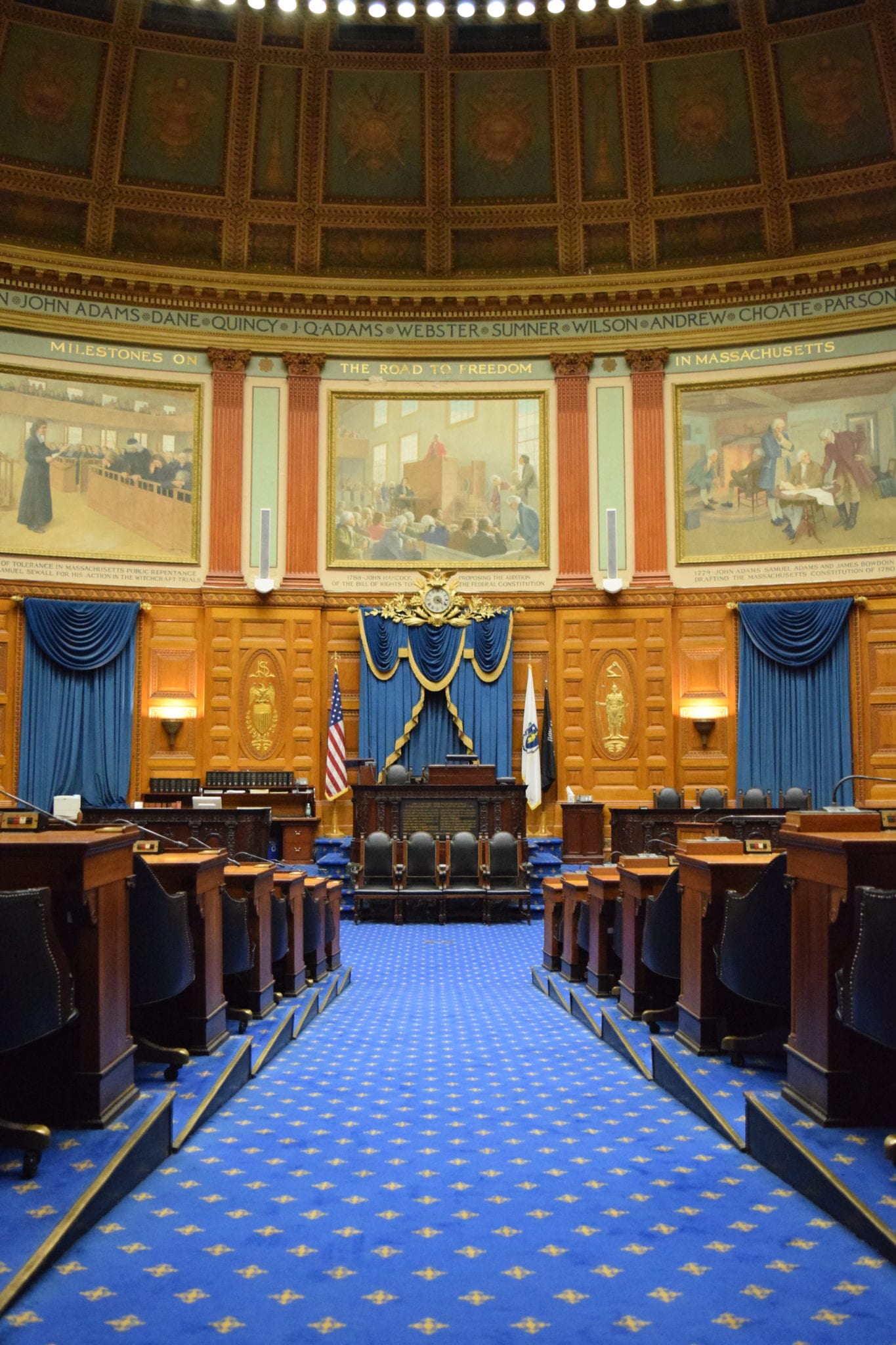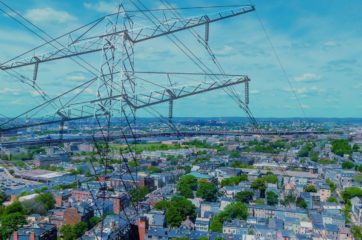Governor Charlie Baker delivered his third State of the Commonwealth address Tuesday night in the House Chamber of the Massachusetts State House. In his speech, Governor Baker spoke about ongoing efforts to increase infrastructure resiliency and protect our communities from the impacts of climate change, specifically along the state’s coast. He boasted about the upcoming results of our first renewable energy procurement request for proposal (RFP), set to come out by the end of this week, and the ongoing process that could lead to the construction of the nation’s largest offshore wind power operation. He also pledged an additional $2 million to climate adaptation for the 2019 budget. With a tight state budget, an increase in climate adaptation funding is incredibly welcome, especially the portion of the funding that will be dedicated to small business resilience programs.
While the Governor’s address seemed to portray an Administration with bold climate action goals and a state at the forefront of climate legislation, the reality is that Massachusetts is punching below its weight on this front. Over the past ten years there have been significant strides towards emission reductions and clean energy production in the commonwealth, however, many of these policies predate the current administration. Governor Baker has been slow if not moving backwards at times with his climate change agenda. In 2016 it took a court challenge to the Department of Environmental Protection to force the Baker Administration into drafting an Executive Order addressing climate change and begin actively addressing the Commonwealth’s carbon emissions.
Moreover, there was no mention of implementing carbon pricing in the Commonwealth, even as Washington’s Governor actively addressed his commitment to the policy in his State of the State last week. It is a shame that the Governor still refuses to acknowledge and support the most significant emissions reduction policies actively under consideration in the legislature.
Governor Baker’s address comes the same day he signed an executive order creating a commission on the future of transportation in the Commonwealth. Aiming to advise the Administration on transportation needs and challenges, the Commission will include 18 appointees from diverse backgrounds to develop a range of scenarios between 2020 and 2040. A key area of focus will be the future disruptions and challenges caused by climate change and resulting sea level rise on the transportation sector in Massachusetts. Also of note are the inclusion of transportation electrification and autonomous and connected vehicles.
Addressing the creation of the Commission, Baker stated: “Making informed transportation decisions and policy guided by the best analysis possible will be the foundation for success across the board in years to come to keep our innovation economy thriving and competitive.” The Commission plans to engage stakeholders in the process of creating a report and recommendations set to come out in December of this year. Its creation comes after a listening tour the Administration held in October and November last year to gather stakeholder input on transportation emissions.
The Governor’s initiative at least shows some level of forward-thinking on a sector which crucially needs to address carbon emissions in order to meet the state’s carbon goals. However, it is yet another instance of passive action at a slow-moving pace being favored over concrete steps to address a challenge that is not new. It will be interesting to see how the Commission’s recommendations will translate into actual legislation and regulations that can put Massachusetts back at the forefront of climate action innovation. Our state cannot follow Governor Baker and his path of complacency. We must continue actively growing our emission reduction strategies and improving our climate adaptation preparedness initiatives.
 MARIA VIRGINIA OLANO POLICY AND RESEARCH FELLOW
MARIA VIRGINIA OLANO POLICY AND RESEARCH FELLOW
Maria Virginia is a young professional with experience in non-profit and coalition organizing in the areas of disarmament and human rights. She is currently pursing a Masters degree in Security and Resilience Policy at Northeastern University, where she also completed her undergraduate degree in Political Science. During her time at Northeastern she studied abroad in Japan, India and Saudi Arabia and worked as a journalism intern in Bosnia Herzegovina and Turkey. She is passionate about travel and photography and in her free time loves to watch movies, eat lots of food and read.









